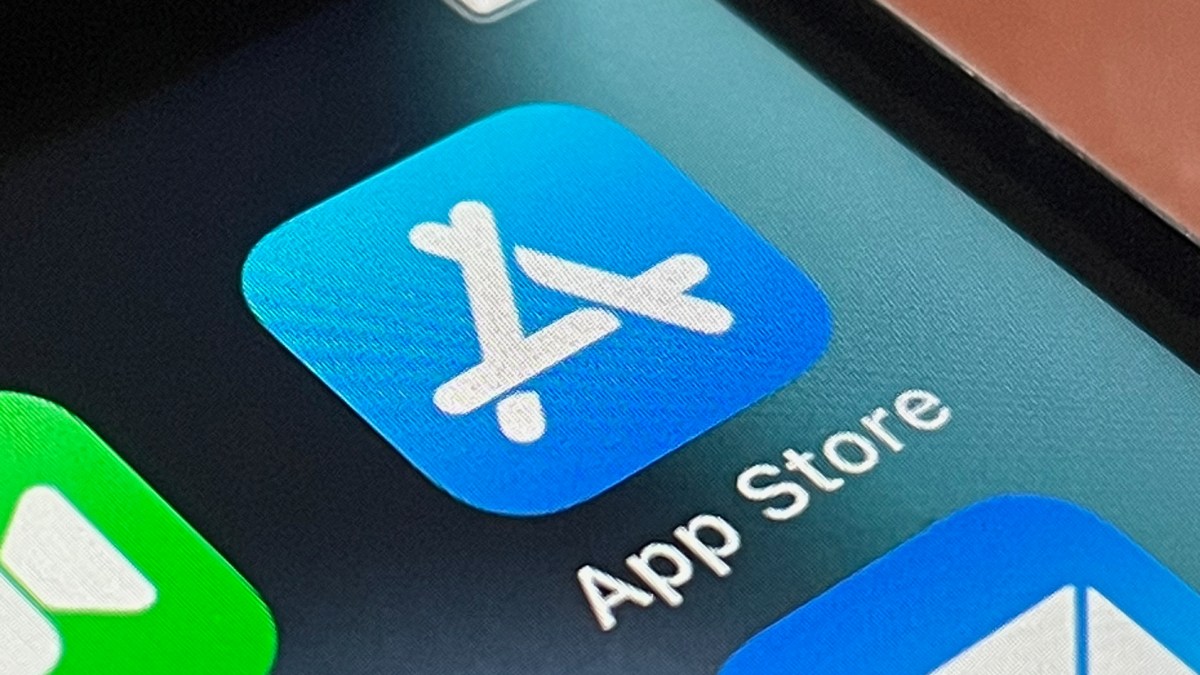A brand new lawsuit is taking over Apple’s knowledge assortment practices within the wake of a current report by unbiased researchers who discovered Apple was persevering with to trace customers in its cell apps, even once they had explicitly configured their iPhone privateness settings to show monitoring off. In a proposed class motion lawsuit, plaintiff Elliot Libman is suing on behalf of himself and different impacted customers, alleging that Apple’s privateness assurances are in violation of the California Invasion of Privateness Act.
As reported last week by Gizmodo, app builders and unbiased researchers Tommy Mysk and Talal Haj Bakry found that Apple was nonetheless gathering knowledge about its customers throughout a lot of first-party apps even when customers had turned off an iPhone Analytics setting that guarantees to “disable the sharing of System Analytics altogether.” Of their assessments, the researchers examined Apple’s personal apps together with the App Retailer, Apple Music, Apple TV, Books and Shares and located that disabling this setting in addition to different privateness controls didn’t influence Apple’s knowledge assortment.
The App Retailer, for instance, was persevering with to trace info like what app customers tapped on, what they searched, what adverts they noticed, how lengthy they checked out a given app’s web page and the way the app was found, amongst different issues. The app additionally then despatched particulars that included ID numbers, sort of cellphone, display decision, keyboard languages and extra — info that may very well be utilized in machine fingerprinting.
In accordance with Apple’s machine settings, if a consumer turns off both iPhone or iPad Analytics, a message informs the consumer that Apple will “disable [the sharing of] System Analytics altogether.” As well as, customers are left to imagine that Apple would cease gathering their knowledge in the event that they flip off different settings, like “Permit Apps to Request to Monitor” or “Share [Device] Analtyics.” Regardless of configuring these privateness controls, the lawsuit states that Apple “continues to document customers’ app utilization, app looking communications, and private info in its proprietary Apple apps,” particularly the App Retailer, Apple Music, Apple TV, Books and Shares.
The grievance goes on to element the researchers’ findings, specifying what knowledge was being collected. Shares, as an example, was monitoring customers’ watchlists, the names of shares they seen and looked for and information articles they noticed within the app and extra. And many of the apps shared constant ID numbers, the go well with states, which might enable Apple to trace customers throughout its apps.
In mild of those new findings, the lawsuit alleges that Apple’s assurances and guarantees concerning privateness are “totally false.” It additionally identified that this stage of information assortment was out of line with commonplace business practices as each Google Chrome and Microsoft Edge browser couldn’t acquire the identical type of knowledge if their very own analytics settings had been turned off.
“The info Apple surreptitiously collects is exactly the kind of non-public, private info customers want and count on to guard once they take the steps Apple units out for customers to regulate the non-public info Apple collects,” the grievance states. “…There isn’t a justification for Apple’s secret, deceptive, and unauthorized recording and assortment of customers’ non-public communications and app exercise.”
The plaintiff is trying to have the lawsuit licensed as a category motion and is in search of compensatory, statutory, and punitive damages along with different equitable financial aid.
Apple has not responded to a request for remark.
If correct, this type of knowledge assortment would elevate questions on Apple’s implementation of Apple Monitoring Transparency (ATT) which Apple mentioned would give customers extra management over how their app knowledge was utilized in customized promoting. As critics have famous, ATT damage the promoting companies of main tech firms, like Meta and Snapchat, whereas Apple’s personal promoting market share elevated.
A September 2022 report by InMobi’s Appsumer discovered that Apple’s promoting enterprise had benefitted from the launch of ATT, permitting the Cupertino tech big to hitch the Fb (now Meta)-Google promoting duopoly by rising its adoption by 4 share factors to achieve 94.8% year-over-year, whereas Fb’s adoption dropped 3% to 82.8%. Meta, in fact, has lengthy argued that Apple’s ATT would reduce into its advert revenues, forecasting it could have a $10 billion impact in 2022.
As well as, Apple recently rolled out new ad slots on the App Store to capitalize on its improved stance within the advert business. Quickly, many builders grew to become distressed to seek out that these advert slots were being sold to gambling app makers and others they felt unsuitable to be marketed alongside their very own.
Apple has additionally been dealing with elevated scrutiny over its practices, following the launch of ATT and the expansion of its App Retailer enterprise, which has given Apple important energy within the app market total. The corporate is at the moment battling Epic Video games in a lawsuit over App Retailer charges and Apple’s alleged antitrust habits, which has now headed to an appeals court. Plus, the U.S. Division of Justice is alleged to be in the early stages of drafting an antitrust lawsuit in opposition to Apple.
This newest lawsuit, although at the moment smaller in scope than others, has the potential for bigger implications if the researchers’ findings change into appropriate and are held up in courtroom.
Case 5:22-cv-07069 by on Scribd
Source link
